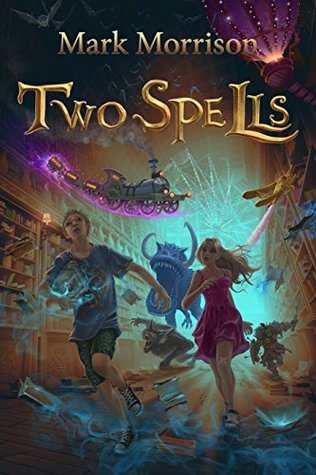Title: The Night Before Snow (and other wintry poems)
Author: Jude Goodwin
Genre: Poetry
What I have to say:
Faithful followers of this blog may know about my poetry addiction. Suffice it to say, this book fed it. I meant to read a few poems a day, but once I started reading, I went through this whole collection of achingly-beautiful poems in one sitting. Yeah. Poetry.All joking aside, though, wow. As soon as I read the first poem in the collection, I knew I was looking at something special. "There I Was Again," the poem starts, "writing urgently about the rain / as if it would ever stop / or change somehow / into something ordinary."
That stunning opener sets the tone for the rest of the collection. Goodwin has captured life's fleeting, delicate moments--the ones that are gone so soon we never really grasp them--and gathered them into a collection of beautiful, warm, sparkling jewel-poems that speak to the poignancy and wonder of the human experience. Everyday objects and events like rain, couches, heaters, and annual Christmas programs suddenly transform into rare, transcendent experiences.
The night before the first snowfall of the season, for example--there's something magical in the air, like everyone is holding their breath and wishing. I bet few of us have actually stopped to think about that, much less try to write about it. But Goodwin has, and she's done more than try: she's captured the mood perfectly. "It's quieter than any other time of the year. It is the night before snow."
I tried to pick a favorite poem from the collection for this review. I couldn't.
I loved "In Winter" which describes a boy playing the flute in the snow: a sound that will be heard forever in the speaker's memory. I loved the perfectly crafted "I Read Somewhere," so comic and yet so poignant at the same time and for the same reason. I love "Ode to the Lights" which is about hanging Christmas lights (but is it really?). I love "The Hallelujahs" in which the speaker wonders if there will ever come a time when she won't love the Christmas season--all its hassle, all its repetition, it all sounds like hallelujah to her.
If I had to choose a favorite it might be "Her Music." The speaker loses herself in the piano music of her daughter. If she closes her eyes and listens, "the room is filled with God's rays." I loved all the poems in this collection, but none of them moved me quite as powerfully as this one.
On the outside, these poems are simple. There's no complicated rhyme scheme or cluttering punctuation. The themes are simple, too: love, light, music, snow. Anyone can read these poems, and anyone can relate to them--because we all know what it's like to wait for the snow, or to hang up Christmas lights, or to get attached to a comfy couch.
But that's not where it ends. Like the objects and experiences she writes about, Goodwin's poems speak of something deeper, something more luminous, something more wonderful than simply a couch or the snow or Christmas lights. It's the experience of being human, of being alive--with all the wonder and beauty and joy and poignancy that entails.
Like the snow itself--soft, delicate, melting away all too soon--we live and love with awe in our hearts because we know none of it will last forever. While it lasts, that's what makes it, like the snow, such a gift.
Rating:
Until tomorrow.




















